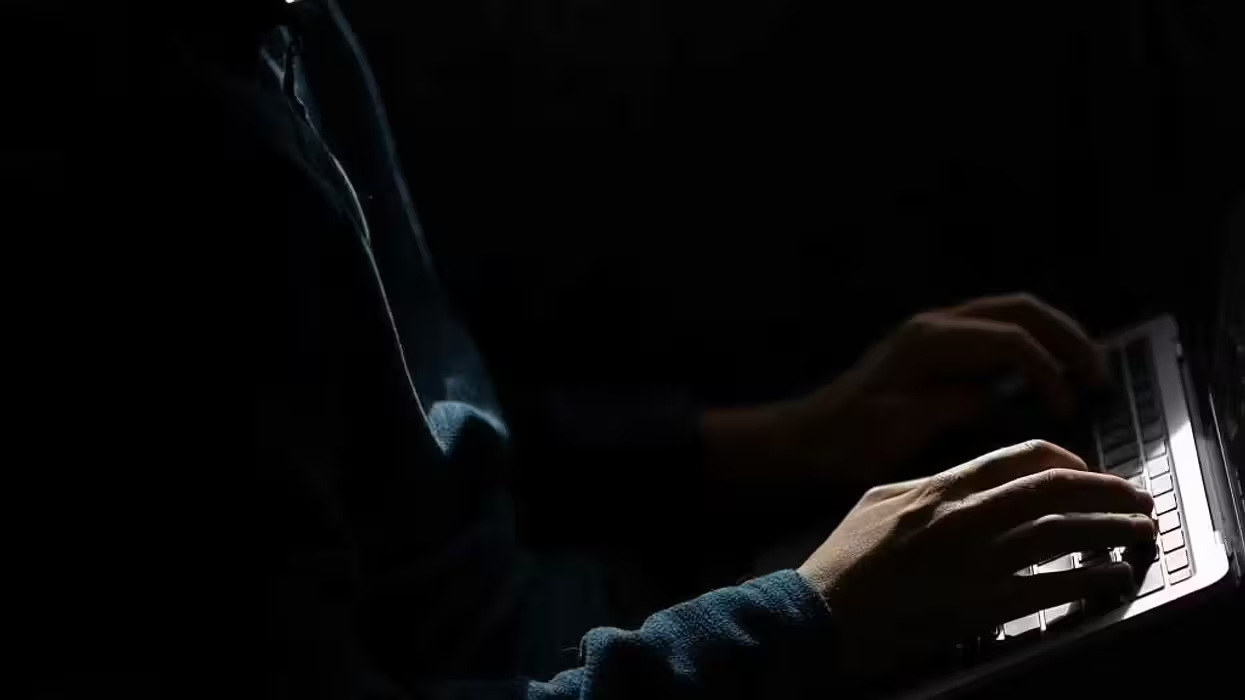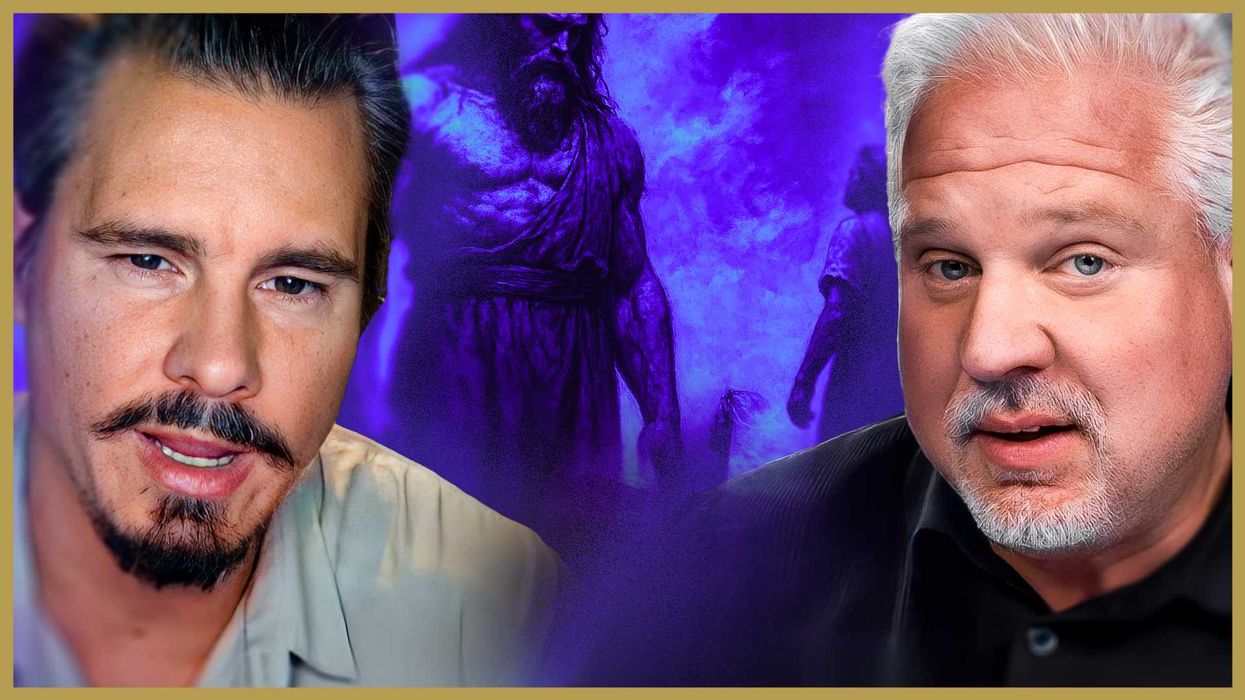© 2025 Blaze Media LLC. All rights reserved.
"The president feels that this is something for the court to decide..."
WASHINGTON (AP) -- The Supreme Court is taking up the key question in the challenge to President Barack Obama's historic health care overhaul: Can the government force people to carry insurance or pay a penalty?
The justices hear extended arguments on that topic Tuesday. It's the linchpin of the law's aim to get medical insurance to an additional 30 million people, at a reasonable cost to private insurers and state governments.

Virtually every American will be affected by the outcome, due this summer in the heat of the presidential and congressional election campaigns.
The administration says Congress has ample authority to impose the requirement that most people carry insurance or pay a penalty. Twenty-six states and a small business group trying to get the law struck down call the insurance requirement an unprecedented power grab by Congress.
They say that not even decades of high court rulings that endorsed an expansive view of congressional authority can support the health care law.

If upheld, the law will force dramatic changes in the way insurance companies do business, including forbidding them from denying coverage due to pre-existing medical conditions and limiting how much they can charge older people.
The law envisions that insurers will be able to accommodate older and sicker people without facing financial ruin because its most disputed element, the insurance requirement, will provide insurance companies with more premiums from healthy people to cover their increased costs of care.
White House press secretary Jay Carney, traveling Tuesday with Obama in South Korea, reiterated the administration's contention that the health care law is constitutional, noting that the individual mandate provision had support among Republicans. However, Carney said, "The president feels that this is something for the court to decide, not for us to weigh in on directly."
The law also dramatically expands the state-federal Medicaid program for low-income Americans, with the federal government covering almost all the additional costs.

On Monday, the justices signaled they are ready to confront the big issues in the case, appearing to reject the contention that it was too soon for a decision. Audio of Monday's argument can be found at: https://bit.ly/GSXEpf .
A 19th century law bars tax disputes from being heard in the courts before the taxes have been paid. The law could apply to the health care case because the insurance requirement doesn't kick in until 2014 and any penalties will be paid along with federal income tax on returns due by April 2015.
Solicitor General Donald Verrilli Jr., defending the health law, urged the court to focus on what he called "the issues of great moment" at the heart of the case. The states and the National Federation of Independent Business also want the court to go ahead and decide on the law's constitutionality without delay.
Administration officials involved with the defense and implementation of the health care law, Attorney General Eric Holder and Health and Human Services Secretary Kathleen Sebelius, were in the courtroom Monday. Republican Sen. Jeff Sessions of Alabama and Florida Attorney General Pam Bondi also were in the crowd that filled the courtroom's 400 seats.
Outside the packed courtroom, marching and singing demonstrators on both sides - including doctors in white coats, a Republican presidential candidate and even a brass quartet - voiced their eagerness for the court to either uphold or throw out the largest expansion in the nation's social safety net since Medicare was enacted in 1965.
Republican presidential candidate Rick Santorum declared anew that GOP front-runner Mitt Romney has no standing to challenge Obama on the law since Massachusetts passed a somewhat similar version when Romney was governor. "If you really want Obamacare repealed," Santorum said outside the court, "there's only one person who can make that happen."
Later Monday, Romney said again he would repeal the law, calling it an unconstitutional power grab.
---
Associated Press writers Pete Yost, Jesse Holland and Jessica Gresko contributed to this report.
Carousel image courtesy of Shutterstock.com.
Want to leave a tip?
We answer to you. Help keep our content free of advertisers and big tech censorship by leaving a tip today.
Want to join the conversation?
Already a subscriber?
Jonathon M. Seidl is a former managing editor of Blaze News and a best-selling author and speaker. His next book, “Confessions of a Christian Alcoholic,” will be released on October 7, 2025.
Jonathon M. Seidl
Jonathon M. Seidl is a former managing editor of Blaze News and a best-selling author and speaker. His next book, “Confessions of a Christian Alcoholic,” will be released on October 7, 2025.
more stories
Sign up for the Blaze newsletter
By signing up, you agree to our Privacy Policy and Terms of Use, and agree to receive content that may sometimes include advertisements. You may opt out at any time.
Related Content
© 2025 Blaze Media LLC. All rights reserved.
Get the stories that matter most delivered directly to your inbox.
By signing up, you agree to our Privacy Policy and Terms of Use, and agree to receive content that may sometimes include advertisements. You may opt out at any time.





